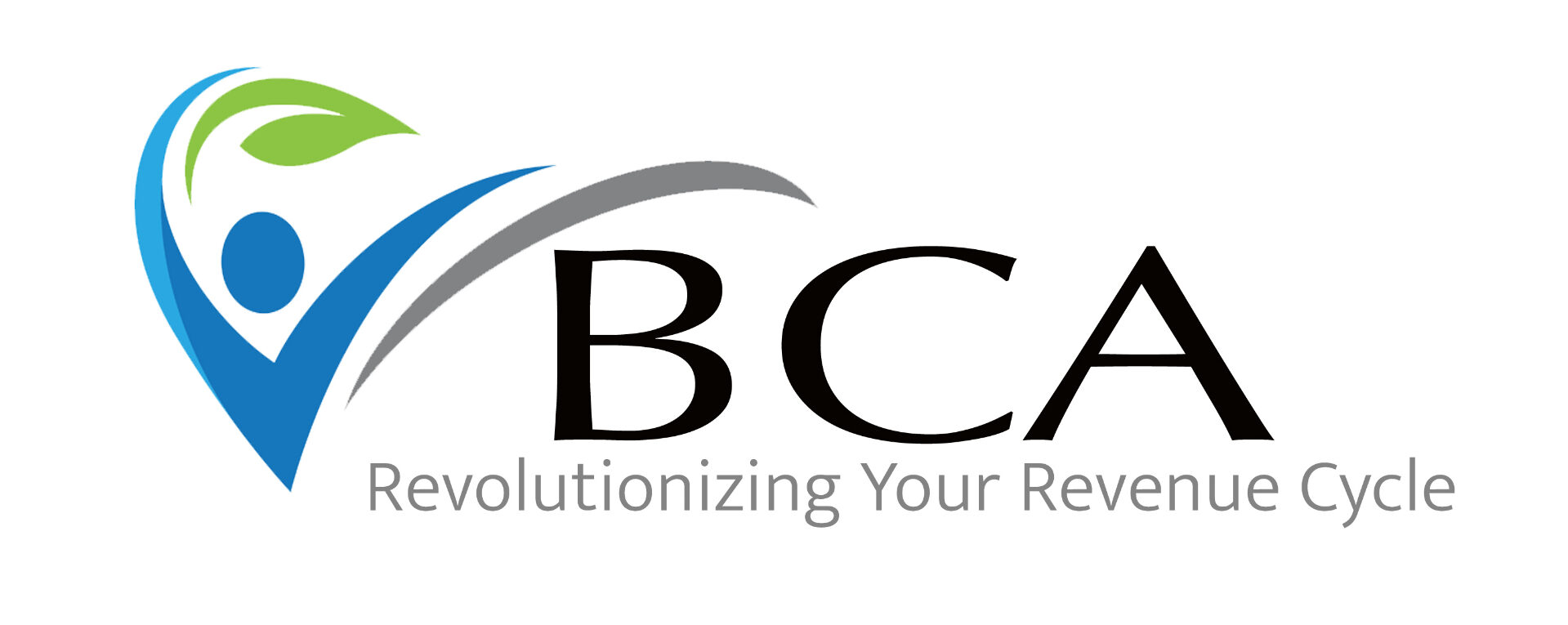Incorporating social determinants of health (SDoH) data into clinical documentation is key to ensuring value-based care aligns with actual patient needs. This process supports accurate reimbursement and enhances quality scores for coding and revenue cycle teams. Today, we cover how to code SDoH accurately, how to collaborate across departments to optimize SDoH capture, and best practices for SDoH documentation.
Coding for SDoH and Its Impact on Value-Based Care Reimbursement
Accurate coding of SDoH provides essential context for patients’ health, supports better resource alignment, and ensures fair reimbursement.
Using ICD-10 Z Codes for SDoH to Reflect Patient Needs: Z codes related to SDoH, such as Z59.0 for homelessness, capture the social context impacting patient care. These codes tell payers that certain health outcomes are influenced by external factors, impacting risk adjustment and reimbursement rates.
Enhancing Risk Adjustment Scores through SDoH Coding: Value-based care models rely on accurate risk scores. For example, a patient experiencing economic hardship may have limited access to preventive care, which could raise their risk profile. Properly coding these SDoH factors improves risk scoring accuracy, helping the clinic receive reimbursement that better reflects the complexity of care.
Pro Insight: Regularly update coding guides and ensure coders know new SDoH codes or changes. Accuracy here can mean the difference between optimized reimbursement and under-compensated care.
Collaboration Between Revenue Cycle and Quality Managers for Accurate SDoH Data Capture
Coding and quality managers must collaborate to ensure SDoH data is accurately captured and aligned with financial and patient care goals.
Routine Quality and Revenue Cycle Check-Ins: Regular cross-departmental check-ins on coding accuracy, especially around SDoH, allow for immediate adjustments and help identify recurring issues that may affect financial and quality outcomes. These meetings enable quality managers to provide insights on how SDoH data impacts clinical outcomes, while revenue cycle teams focus on its reimbursement implications.
Ensuring Billing Alignment with SDoH-Driven Quality Initiatives: Revenue cycle practices should reflect quality improvement initiatives focused on SDoH. For instance, if the clinic is working on a quality initiative around housing support, ensuring that related Z codes are accurately applied across records maximizes the initiative’s impact on patient care metrics.
Trade Secret Tip: Review SDoH codes quarterly to ensure they are used consistently across teams. Consider creating a small cross-functional “SDoH team” to champion best practices and keep everyone aligned.
Best Practices for Integrating SDoH into Clinical Documentation and Billing Processes
For coding and revenue cycle management, integrating SDoH effectively into documentation processes is essential for accurate billing and patient-centered care.
Standardize Documentation Practices to Capture SDoH Accurately: Develop standardized documentation practices that prompt providers to input SDoH data. For instance, EHR templates can include drop-down fields for Z codes, making it easy for providers to document social factors.
Implementing Regular Quality Audits for SDoH Documentation: Audits focusing on SDoH capture and coding accuracy reveal where improvements are needed. These audits support billing accuracy and ensure the data aligns with quality metrics that impact patient outcomes.
Training Providers on the Importance of SDoH Data: Training is crucial, as many providers may overlook SDoH codes. Educate providers on how accurately documenting SDoH can influence reimbursement, enhance quality scores, and improve patient care.
Pro Insight: To ensure quality and accuracy, conduct monthly mini-audits on a selection of patient records, focusing specifically on SDoH documentation. This allows the team to identify small, easily correctable issues before they become larger compliance problems.
By accurately coding SDoH and ensuring it’s reflected in documentation and billing processes, coders and revenue cycle teams help support quality improvement and ensure fair reimbursement. These best practices provide a pathway for clinics to address patient needs better and achieve financial and clinical success in value-based care.
At BCA, we offer auditing and consulting services to support your practice in maintaining compliance and enhancing the quality of care, with documentation review starting at $499 per clinician. Contact us at info@bcarev.com to learn more about our tailored solutions and how we can help you optimize your quality initiatives.
